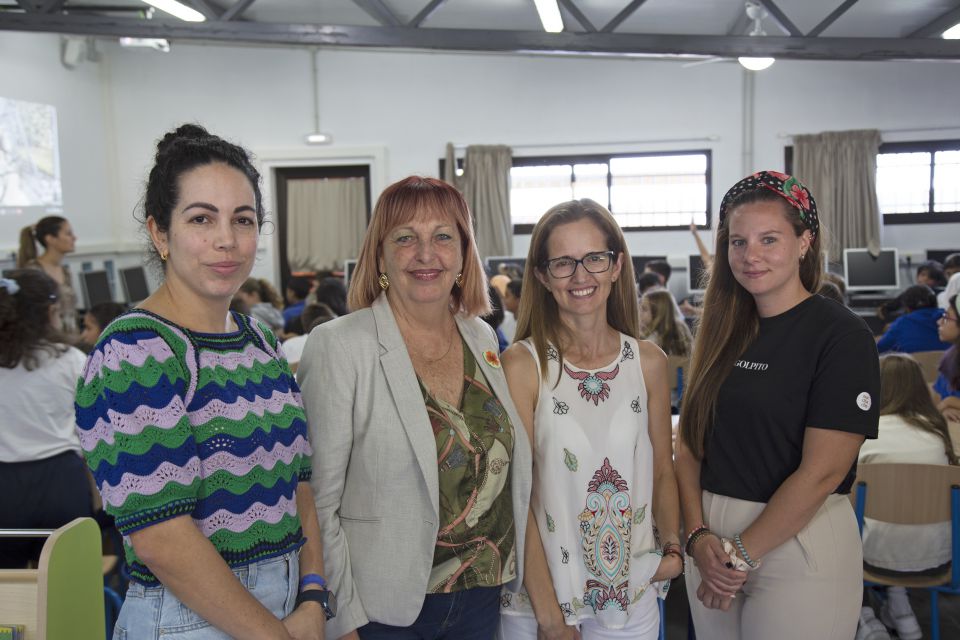The aim is to raise awareness among students about the dangers of importing certain animal and plant species
31 october 2022
Adeje department of health, under councillor Amada Trujillo Bencomo, are launching a project called ‘Intrusos’, which aims to raise awareness among the school-going population as to the dangers of importing certain non-Canarian plant species and what are known as ‘exotic pets’.
The initiative also sees the implication and coordination of the department of education under councillor Maria Clavijo Maza, and is designed for students in 5th and 6th classes in public primary schools in the borough. The programme also aims to allow students identify and value Canarian flora and fauna, and how their survival may be affected by the invasive species.
According to the EU, “Invasive Alien Species (IAS) are animals and plants that are introduced accidentally or deliberately into a natural environment where they are not normally found, with serious negative consequences for their new environment. They represent a major threat to native plants and animals in Europe, causing damage worth billions of Euros to the European economy every year and are the second highest reason for biodiversity loss globally. Certain species can also represent a threat to public health, site heritage and economic activities, according to the Neotrópico foundation, which has identified over 1.500 species of non-native flora and fauna in the Canary Islands in recent years, 200 of which fall into the ‘invasive’ category.
The project has three activities which should also encourage individual personal development and the acquisition of environment values.
The first workshop is centred on exotic species, with students learning about native and exotic types, and showing them the negative effects that the presence of some of these imported species can have. The second workshop is be a virtual visit to an urban park with students identifying different types of fauna, native and foreign. Students learn more about the natural vegetation of the islands and how to classify various plants. The third session is a virtual visit to the Neotrópico foundation with students learning about the rescue of species in the centre, operating as the official centre for the recovery of indigenous fauna.
Neotrópico foundation
This foundation is and only exotic fauna centre in the Canary Islands with parallel certification. It acts as a sanctuary too for animals that may have been illegally trafficked to the Canary Islands – currently housing monkeys, foxes and many reptiles. The centre’s installations are authorised by the regional government as a centre for the collection and storage of species.
